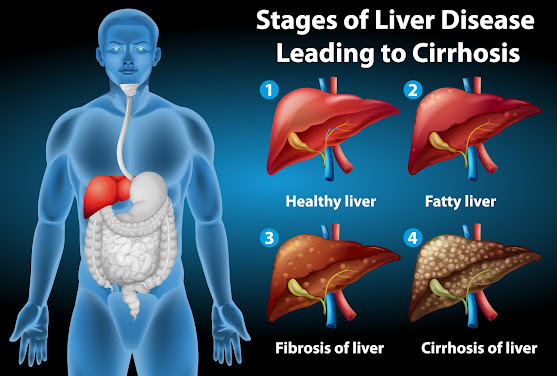Blood in Vomit: Causes, Symptoms, Treatment, and Prevention
When you see blood in your vomit, it can be alarming, and it's essential to understand the possible causes, symptoms, treatment, and prevention measures. This blog will provide you with a comprehensive overview of this issue.
Causes:
Gastric Ulcers: These open sores in the stomach lining can lead to bleeding and result in blood in your vomit.
Esophageal Varices: Enlarged veins in the esophagus, often due to liver disease, can rupture and cause bleeding.
Gastritis: Inflammation of the stomach lining may result in bleeding.
Mallory-Weiss Tears: These are tears in the esophagus, usually caused by severe vomiting.
Hemorrhagic Stomach Infections: Certain bacterial or viral infections can lead to bleeding in the stomach.
Symptoms:
Bloody Vomit: The most apparent symptom is the presence of red or dark brown blood in your vomit.
Nausea and Vomiting: You may experience these symptoms along with abdominal pain.
Weakness and Fatigue: Blood loss can lead to weakness and fatigue.
Treatment:
Treatment for blood in vomit largely depends on the underlying cause. It's crucial to seek immediate medical attention, and the healthcare provider will recommend the appropriate treatment, which may include medication, endoscopy, or surgery.
Prevention:
- Healthy Diet: Maintain a well-balanced diet to prevent gastric issues.
- Limit Alcohol and Smoking: Reducing alcohol consumption and quitting smoking can help prevent ulcers and other related problems.
- Manage Stress: Stress can contribute to gastritis and other digestive problems, so stress management is essential.
- Regular Checkups: Routine checkups with a healthcare provider can help detect issues early and prevent complications.
In Indore, like any other place, timely medical attention is crucial when dealing with blood in vomiting. Remember that blood in vomiting and stool treatment in Indore can be effectively managed with early diagnosis and appropriate care. Don't hesitate to consult a healthcare professional if you experience this alarming symptom, as it might be indicative of a more severe underlying condition.




Comments
Post a Comment